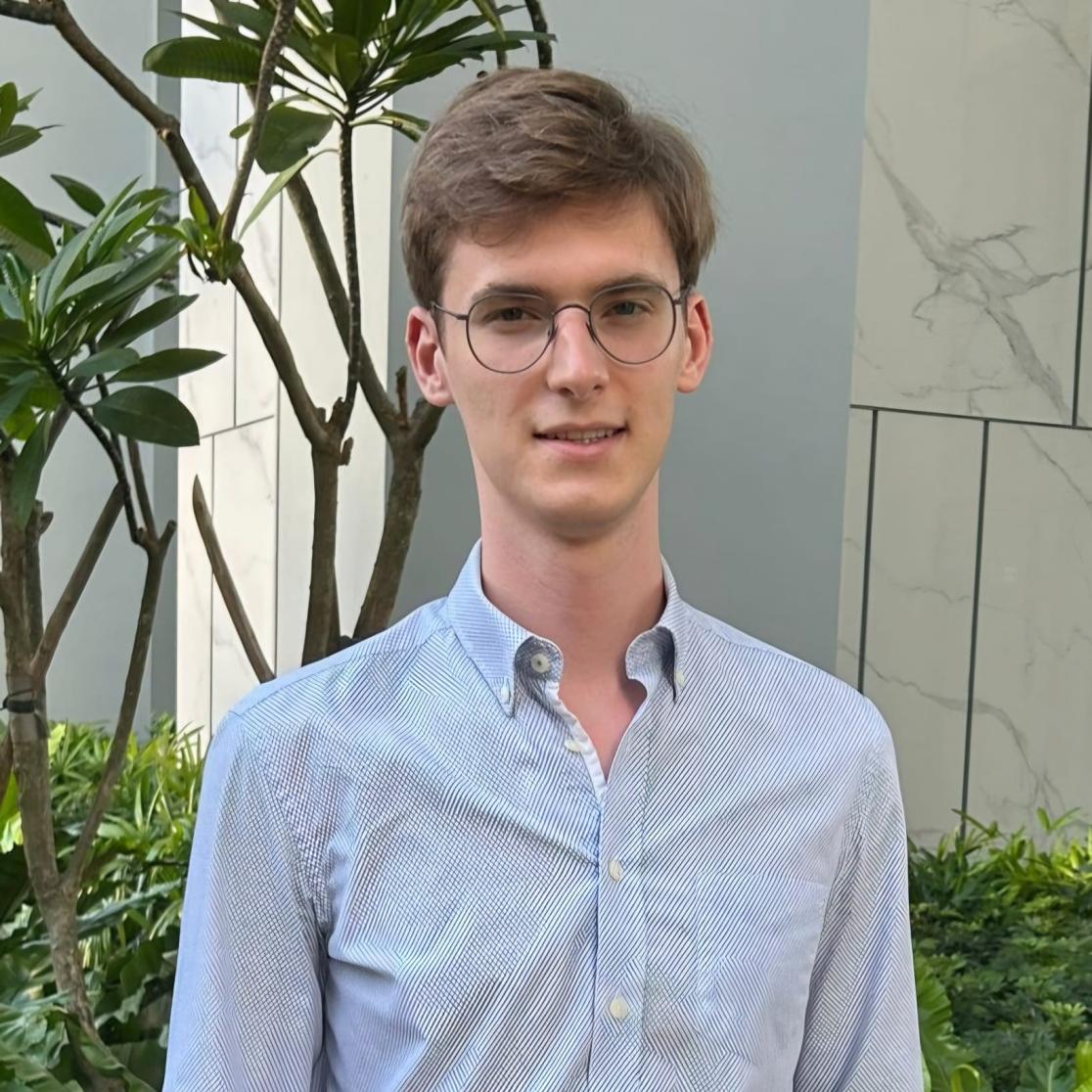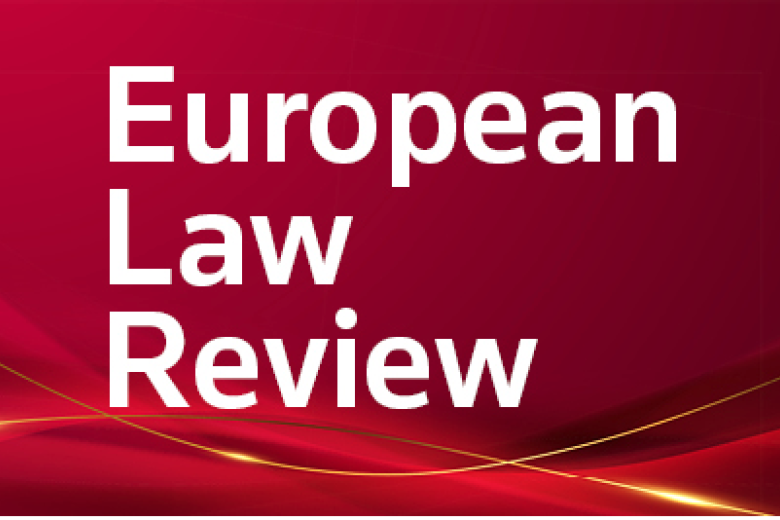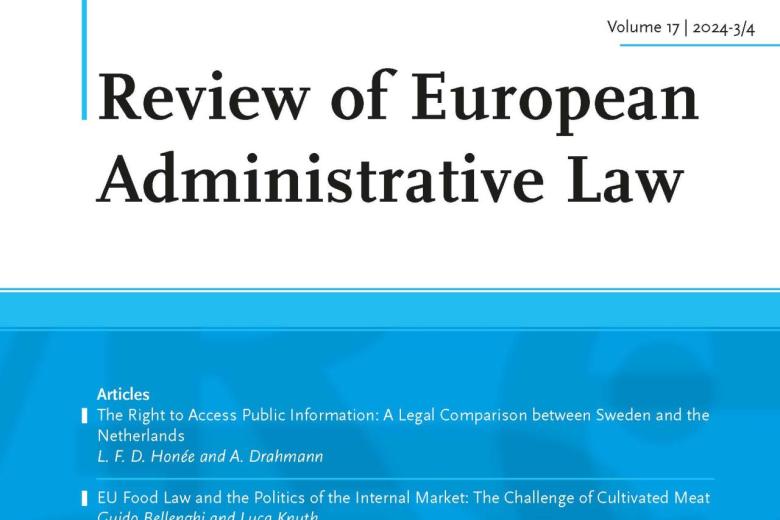Faculty of Arts and Social Sciences | Bachelor European Studies
Suburban Soundscapes: the Art of Resistance in the Parisian Banlieues
Alice's elevator pitch
What role does culture play in contesting structures of inequality? My thesis on urban resistance in Paris explores this very question. The city of Paris is marked by segregation between the city centre and its suburbs, the banlieues. These neighbourhoods have long been stigmatized as sites of crime and poverty, which legitimized institutional measures such as excessive surveillance and unequal resource allocation. Within these structural barriers, cultural production, particularly hip-hop, emerged as a powerful tool for residents to challenge stereotypes and reframe their identities. From here, I examined how the residents of the Parisian banlieues resist institutional stigma, in order for them to assert their agency against spatial and social marginality. Informed by postmodern scholarship and Rivke Jaffe’s work, the lyric analysis revealed the remarkably empowering role of cultural production. Through music, residents resist their isolation by promoting alternative narratives that transcend structural constraints, achieving international connectivity.

Congratulations Alice
In this video Alice is addressed briefly by the immediate supervisor.








